The subtype in the specialization relationship is also known as the "child", subclass, derived class, derived type, inheriting class, or inheriting type Note that this relationship bears no resemblance to the biological parent/child relationship the use of these terms is extremely common, but can be misleadingThe librar y is dissolv ed To show aggregation in a diagram, draw a line from the parent class to the child class with a diamond shape near the par ent class To show aggregation in a diagram, draw a line from the parent class to the child class with a diamond shape near the par ent class Composition (https//d3n817fwly711gcloudfrontnet This is an example of a class diagram, using the Publication class as the parent It shows the associations and relationships between Publication, Hardcover, and the two specialized hardcover types
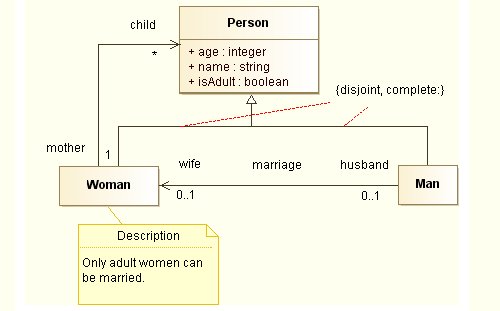
Uml Tool Examples Of Class And Package Diagrams
Class diagram parent child relationship
Class diagram parent child relationship-A child of one class may be a parent class to another (more specialised) class The class Dog, for example, is a child of the class Mammal In the UML, inheritance is shown on a class diagram by a line that connects the child class to its parent class, a bit like an associationQuestion Create the UML class diagram to show the inheritance relationship between the Parent class and the Child classes Change the class name to Pirate Add the following attribute and make it protected so that the Child classes have direct access to them name as a string (remember to make it protected by using a hashtag/pound symbol) Add
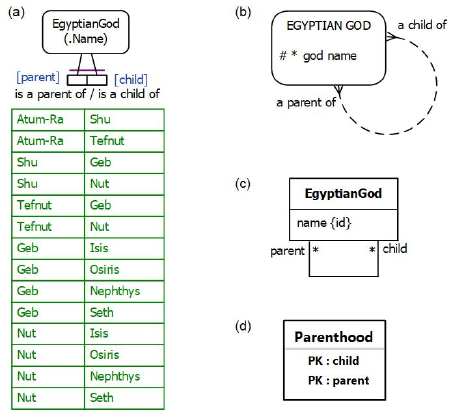



Logical Data Modeling Part 11 Commentary
Enhancing Class Diagrams The class symbols also may be used on class and communication diagrams Figure 1 below illustrates the class diagram for a student viewing personal and course information on Web pages Each class has attributes and methods (which are not shown on diagrams using this notation) If the class is a user interface type ofGeneralizations (OOM) A generalization is a relationship between a general element (the parent) and a more specific element (the child) The more specific element is fully consistent with the general element and contains additional information A generalization can be created in the following diagrams Class Diagram Composite Structure DiagramThe term "interactions" refers to the various relationships and links that can exist in class and object diagrams Some of the most common interactions include Inheritance The process of a child or subclass taking on the functionality of a parent or
The class diagram depicts a static view of an application It represents the types of objects residing in the system and the relationships between them A class consists of its objects, and also it may inherit from other classes A class diagram is used to visualize, describe, document various different aspects of the system, and also constructParent child class ( Class Diagram (UML)) Use Creately's easy online diagram editor to edit this diagram, collaborate with others and export results to multiple image formats We were unable to load the diagram You can edit this template on Creately's Visual Workspace to get started quickly Adapt it to suit your needs by changing text andParent However, the child may also add new structure and behavior, or may modify the behavior of the parent ©03 John Mylopoulos Class Diagrams 25 Association Relationship An association is a structural relationship which represents a binary relationship between objects
2 Code Entity Class for ParentChild Mapping To map a parentchild relationship, the entity class should have a reference to its direct parent (one to one relationship) and a set of its children (one to many relationship) – as depicted in the following class diagram So write code for the entity class Category as followsMerupakan relasi diantara general thing (super class / parent class) dengan satu atau lebih thing yang lain (subclass / child class) Disebut juga dengan relasi "isakindof" (bagian dari) Misalnya class BayWindow adalah bagian dari (akindoff) class window Class diagrams are most important UML diagrams used for software application development Essential elements of UML class diagram are 1) Class 2) Attributes 3) Relationships Class Diagram provides an overview of how the application is structured before studying the actual code It certainly reduces the maintenance time
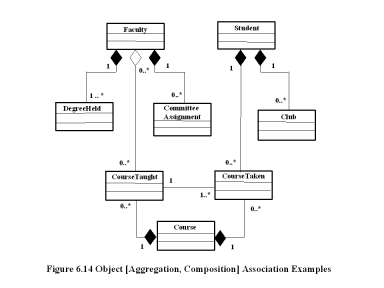



Chapter 6 Conceptual Design Uml Class Diagram Relationships Chapter Objectives




Uml Tool Examples Of Class And Package Diagrams
how can I tell from class diagrams if a 1toN relationship implies a point to the parent on each child or a list of childs on the parent?The UML Class diagram is a graphical notation used to construct and visualize object oriented systems A class diagram in the Unified Modeling Language (UML) is a type of static structure diagram that describes the structure of a system by showing theFor example If there is a client and a client has orders, is there anyway to tell from the UML class diagram what of the following implementations would be the case?



Domain Modeling




Class Diagrams
A publisher can publish many (multiple) books 10 Books Publishers Publish / Published byIn a class diagram, generalization relationship is rendered as a solid directed line with a large open arrowhead pointing to the parent class Use generalizations when you want to show parent/child relationships The above class diagram reflects the relationships present in the following Java code fragment public class B extends A { } In ObjectOriented modeling, the main building block generally represents different objects in a system, their attributes, their different functions, and relationships among objectsThese building blocks are known as Class Diagram Class diagrams are generally used for conceptual modeling of static view of a software application, and for modeling translating models




1 Uml Class Diagram Describing The Relationships Between Problems Download Scientific Diagram



Object Relationships
Every instance of a child entity is also an instance of the parent entity Every property of the parent entity (attribute, identifier, relationship or ER diagrams allow Nary relationships (UML Class diagrams only allow binary relationships) class uml parentchild relationship diagram Share Improve this question Follow asked Jan 5 '14 at 032 Cooks Cooks 37 1 1 silver badge 8 8 bronze badges Add a comment 3 Answers Active Oldest Votes 0 The proper way to represent this is a generalization link But depending of your tool, you may have this kind of information insideBy nature it is an abstract visualization, the first step in the design process towards creating a logical and functional database ERD symbols used for professional ERD drawing are collected in libraries from the EntityRelationship Diagram (ERD) solution for ConceptDraw DIAGRAM Er Diagram Parent Child Relationship




Relationship Pictures In Class Diagrams And Object Diagrams Of The Epml Download Scientific Diagram
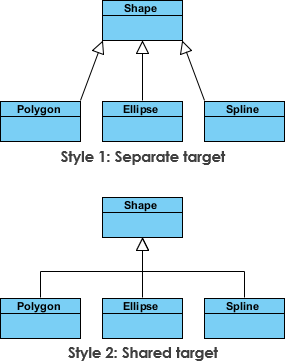



Uml Class Diagram Tutorial
In UML modeling, a generalization relationship is a relationship in which one model element (the child) is based on another model element (the parent) Generalization relationships are used in class, component, deployment, and usecase diagrams to indicate that the child receives all of the attributes, operations, and relationships that areThe following diagram shows a parent class generalizing a child class Implicitly, an instantiated object of the Circle class will have attributes x_position, y_position and radius and a method display() Note that the class "Shape" is abstract, shown by the name being italicized The following diagram shows an equivalent view of the same class relationships (the next three) later HANDOUT Diagram symbols 1 Association a relationship between objects EXAMPLES FROM CLASS DIAGRAM;



Uml 2 Class Diagram Guidelines




Uml Class Diagram Arrow Types Explanations And Examples Gleek
To show aggregation in a diagram, draw a line from the parent class to the child class with a diamond shape near the parent class Composition Composition The composition relationship is very similar to the aggregation relationship with the only difference being its key purpose of emphasizing the dependence of the contained class to the life A class diagram is a kind of UML diagram that shows the objects that are required and the relationships between them Since it provides detailed information about the properties and interfaces of the classes, it can be considered as the main model and regard the other diagrams as supplementary modelsGeneralization describes the inheritance relationship of the objectoriented world It is a parent and child relationship Generalization is represented by an arrow with a hollow arrow head as shown in the following figure One end represents the parent element and the other end represents the child element




Class Diagram Relationships In Uml Explained With Examples
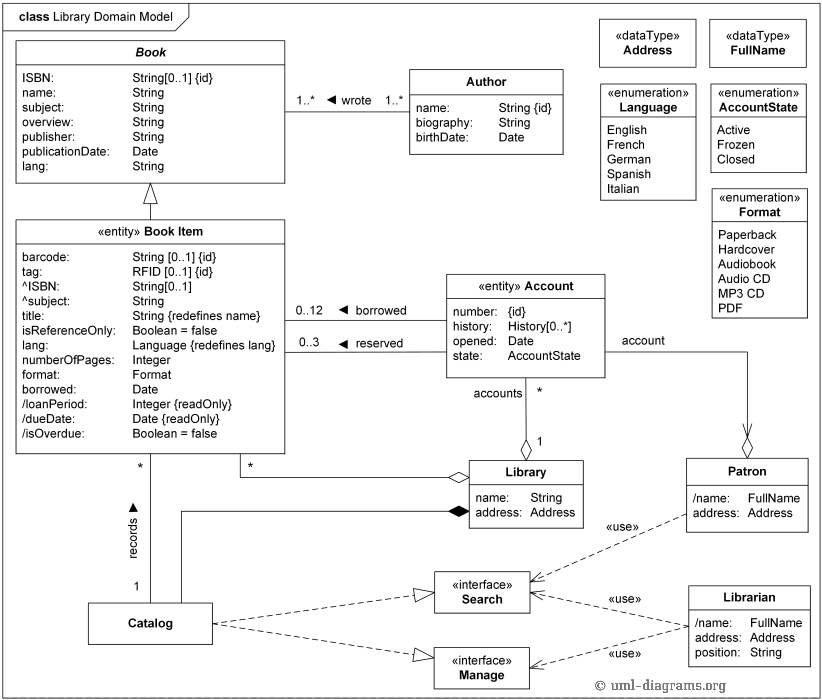



Library Domain Model Uml Class Diagram Example Describes Main Library Classes And Relationships
211 Draw a class diagram representing the relationship between parents and children Take into account that a person can have both a parent and a child Annotate associations with roles and (precise) multiplicities 213 (modified) Draw a sequence diagram for the warehouseOnFire scenario of Figure 221 (also in the lecture)Aggregation Example It's important to note that the aggregation link doesn't state in any way that Class A owns Class B nor that there's a parentchild relationship (when parent deleted all its child's are being deleted as a result) between the two Actually, quite the opposite!Class diagrams are the abstract models for the system that represent the system in the form of classes and their objects The operations acting upon the objects and the relationships between the classes are also depicted in the diagram To model the problem for parent and child two important concepts relationship and the role have to be understood




What Is A Uml Class Diagram Definition Symbols Examples Video Lesson Transcript Study Com
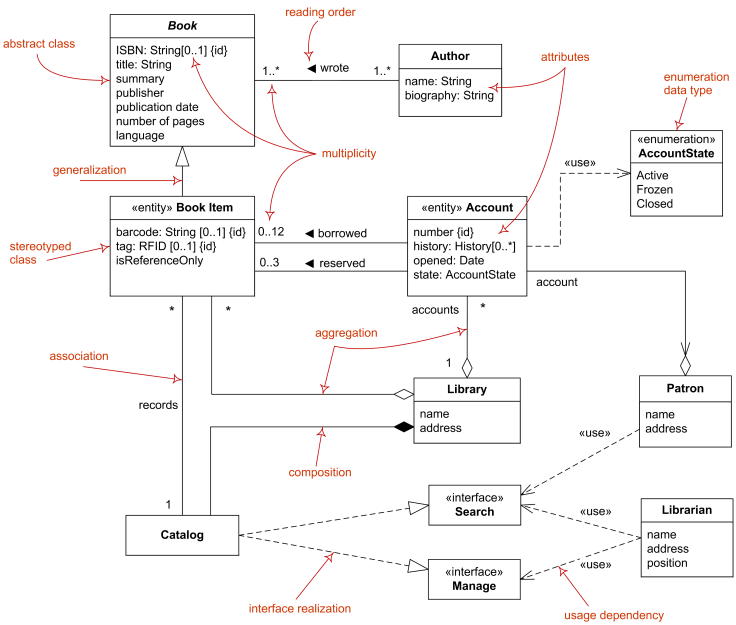



Uml Class And Object Diagrams Overview Common Types Of Uml Structure Diagrams
Class Diagram tutorial and examples allows child classes to access information they inherited from a parent class Associations class For example, Honda is a type of car So the class Honda would have a generalization relationship with the class car Examples Of Class Diagram In this kind of relationship, the child model is based on the parent model The relationship is used to describe various usecase diagrams and ensures that the child class receives the properties present in the parent The child model could reuse the attributes of the parent model with the help of the generalization relationshipGeneralization relationships In UML modeling, a generalization relationship is a relationship in which one model element (the child) is based on another model element (the parent) Generalization relationships are used in class, component, deployment, and usecase diagrams to indicate that the child receives all of the attributes, operations




Class Diagram Handwiki




Is This Family Class Diagram An Example Of Aggregation Or Composition Stack Overflow
Inheritance is also called generalization and is used to describe the relationship between parent and child classes A parent class is also called a base class, and a subclass is also called a derived class In the inheritance relationship, the subclass inherits all the functions of the parent class, and the parent class has all the attributes, methods, and subclassesCreate the UML class diagram to show the inheritance relationship between the Parent class, the Children classes, and the Grandchild class Open Visio and create a new diagram using the UML Class template Save the diagram as Week 5—Inheritance UML Class Diagram Drag a class shape to your work area Change the class name to Employee1 What is UML Class Diagram When designing a system or software, developers will often use class diagrams to map out what the system will look like in static form These diagrams allow them to figure out what classes they need, their functionality, and their relationships with other system elements namely other classes, operations, attributes, and objects
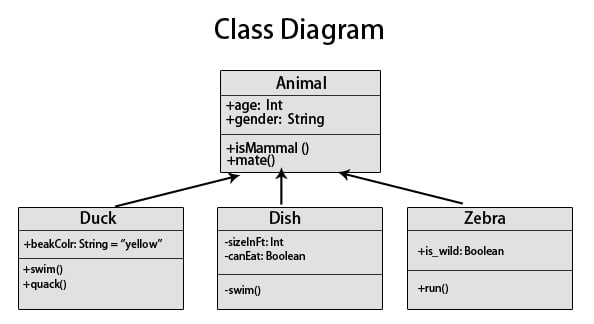



Class Diagram Types Examples Relationship And Advantages




Uml Class Diagrams Youtube
SYMBOLS HANDOUT a) In a class diagram, this kind of relationship is represented by a solid line, possibly with a plain arrow head on one end There can multiplicities at both endsOnetoMany Relationship OnetoMany (1N) A single entity instance in one entity class (parent) is related to multiple entity instances in another entity class (child) ERD Notation (Crow's foot) A book is published by (only) one publisher; Sometimes, I see 011*(zero or one to one or many) multiplicity when looking at some relational database models (drawn with UML class diagram) where associations are used to describe relations between parent and child tables (for example, there are tools that allow to generated database schema from class diagram)




Uml Class Diagrams And Class Relationships My Public Notepad




What Is A Uml Class Diagram Definition Symbols Examples Video Lesson Transcript Study Com
The parent model can have many child classes and likewise, a child class can have multiple parent models In a UML diagram, generalizations are shown by a solid line, having an unfilled arrow pointing from the child class to the parent class 3 RealizationIn a class diagram, generalization relationship is rendered as a solid directed line with a large open arrowhead pointing to the parent class Use generalizations when you want to show parent/child relationships The above class diagram reflects the relationships present in the following Java code fragment public class B extends A { } In inheritance, a child of any parent can access, update, or inherit the functionality as specified inside the parent object A child object can add its functionality to itself as well as inherit the structure and behavior of a parent object This type of relationship collectively known as a generalization relationship




Class Diagrams
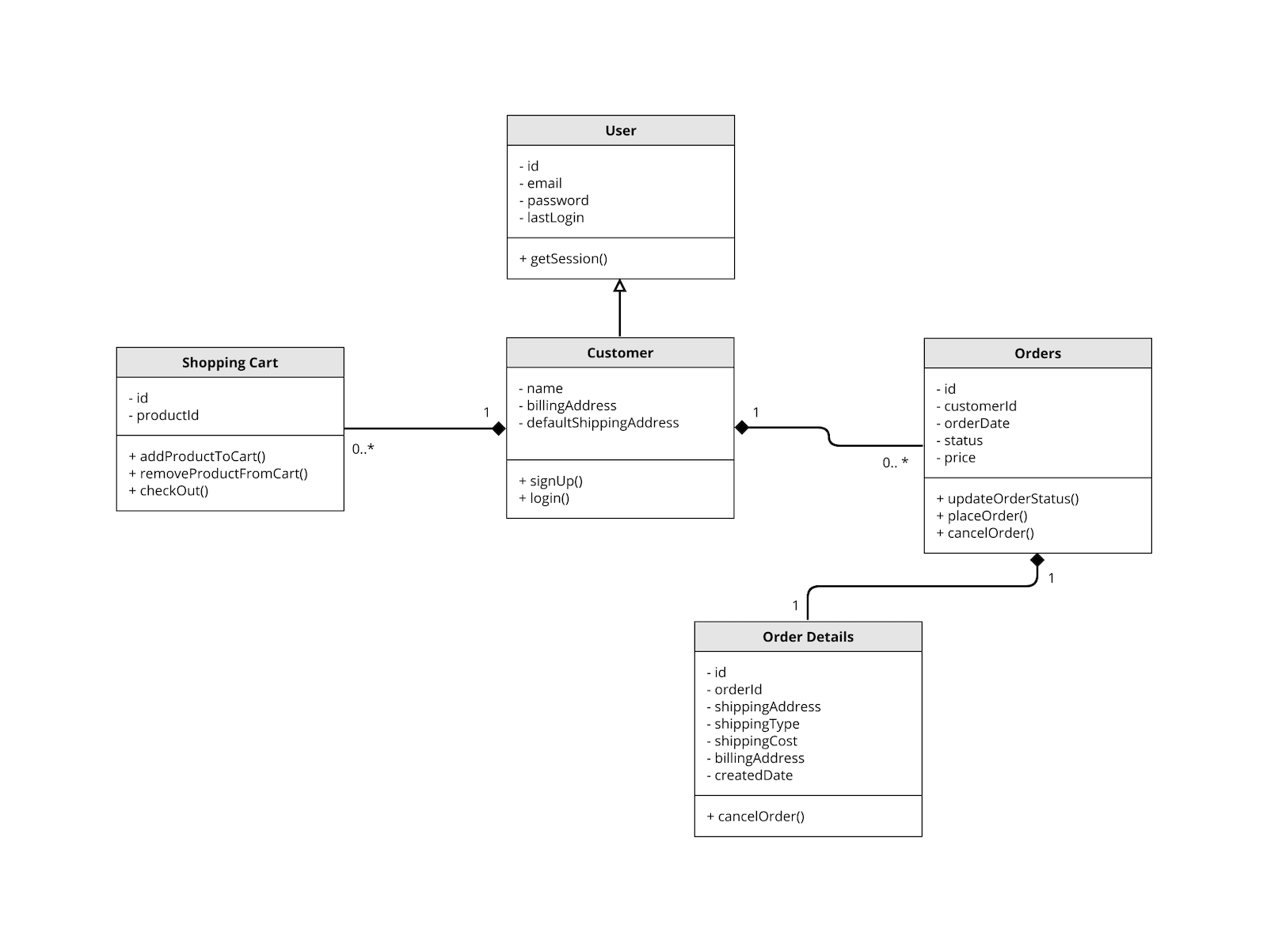



Uml Class Diagram Template Moqups
Also called an "is a" relationship, because the child class is a type of the parent class Generalization is the basic type of relationship used to define reusable elements in the class diagram Literally, the child classes "inherit" the common functionality defined in the parent class 4By nature it is an abstract visualization, the first step in the design process towards creating a logical and functional database ERD symbols used for professional ERD drawing are collected in libraries from the EntityRelationship Diagram (ERD) solution for ConceptDraw DIAGRAM Erd Parent Child Relationship Generalization can be considered to be a parentchild relationship, where the child inherits from the parent and can therefore access and use the structure and behavior of the parent element Generalization is shown as a solid line from the specific element to the general element, with an unfilled arrow at the end of the line connected to the




Uml Class Diagram Association To Super Class Or All The Child Classes Stack Overflow



Uml 2 Class Diagram Guidelines
The aggregation link is usually used to stress the point that Class A instance is not the exclusive container ofRelationships in class diagram templates There are also multiple types of relationships a class may develop with other classes Here the kinds of interactions you can expect when working with our class diagram template 1 The inheritance relationship It is a type of parentchild relationship in which a level has at least one subclass It is a parent and child relationship Generalization is represented by an arrow with a hollow arrow head as shown in the following figure One end represents the parent element and the other end represents the child element Generalization is used to describe parentchild relationship of two elements of a system Extensibility Notation




How To Automatically Create Uml Diagrams
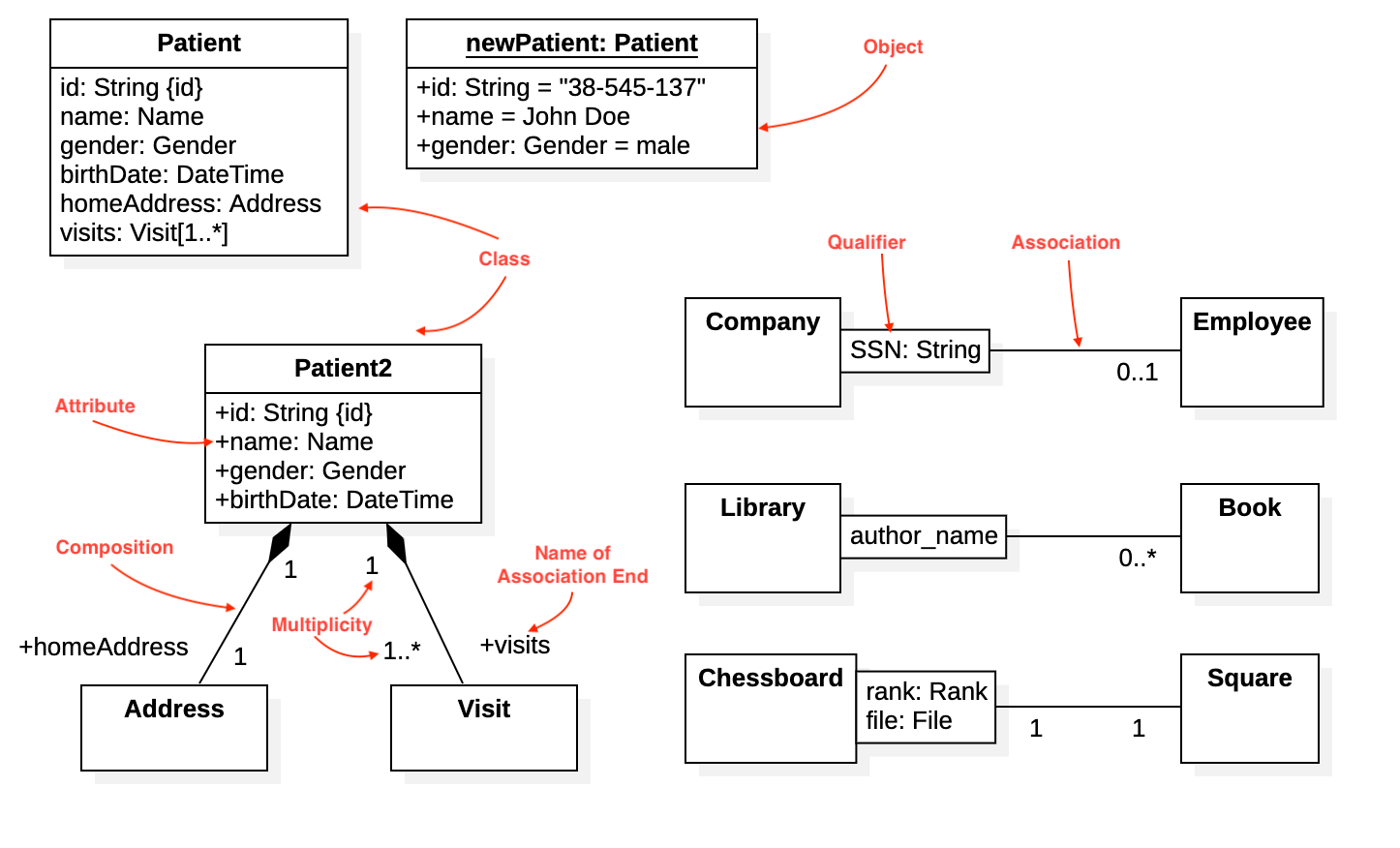



Class Diagram Staruml Documentation
Class diagrams model the static structure of a system They show relationships between classes, objects, attributes, and operations denoted with a # sign, allows child classes to access information they inherited from a parent class For example, Honda is a type of car So the class Honda would have a generalization relationship with




Aggregation In Class Diagram And Class Properties Stack Overflow
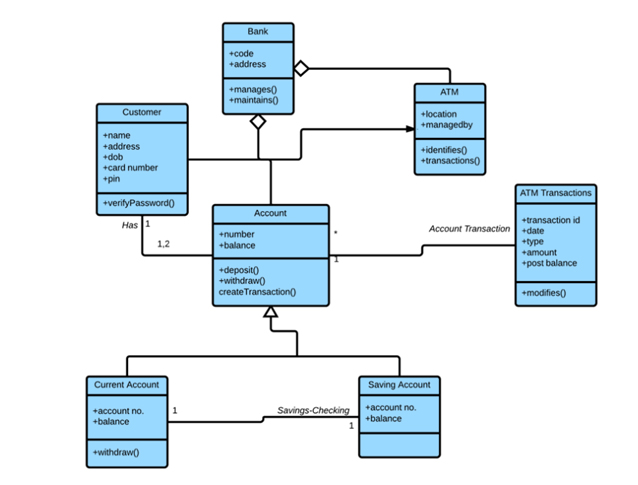



Class Diagram Types Examples Relationship And Advantages



Class Diagram Relationships




Class Diagram Relationships In Uml Explained With Examples
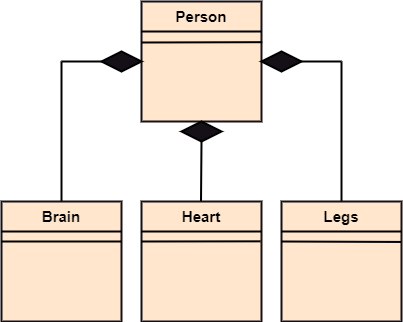



Uml Association Vs Aggregation Vs Composition Javatpoint




My Kingdom For A Smile Uml Class Diagram Relationships Aggregation Composition
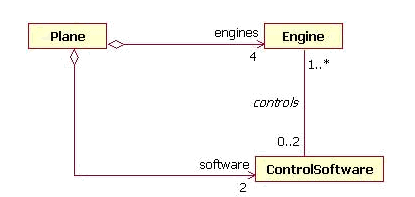



The Class Diagram Ibm Developer
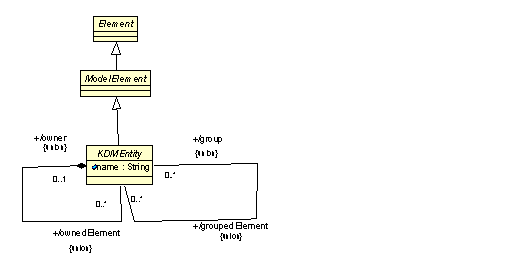



9 Core Package
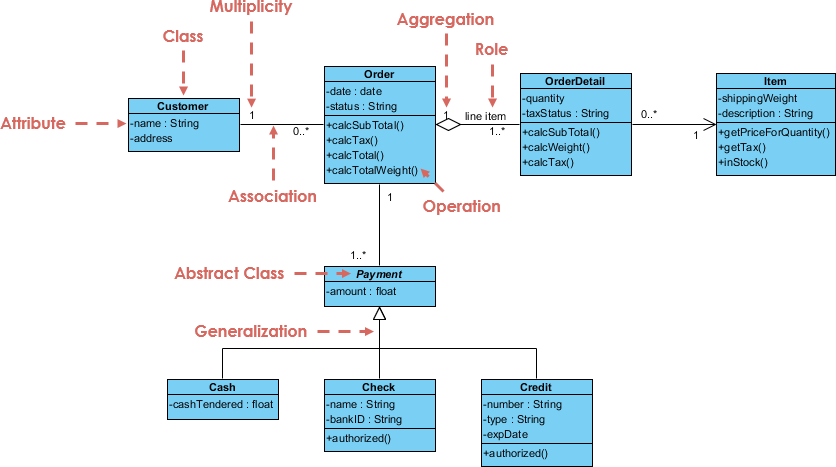



Uml Class Diagram Tutorial
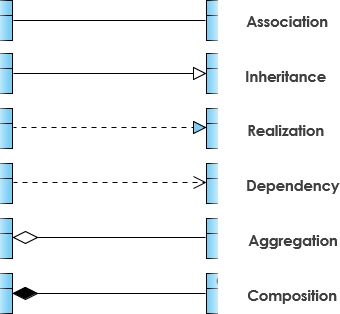



Uml Class Diagram Tutorial
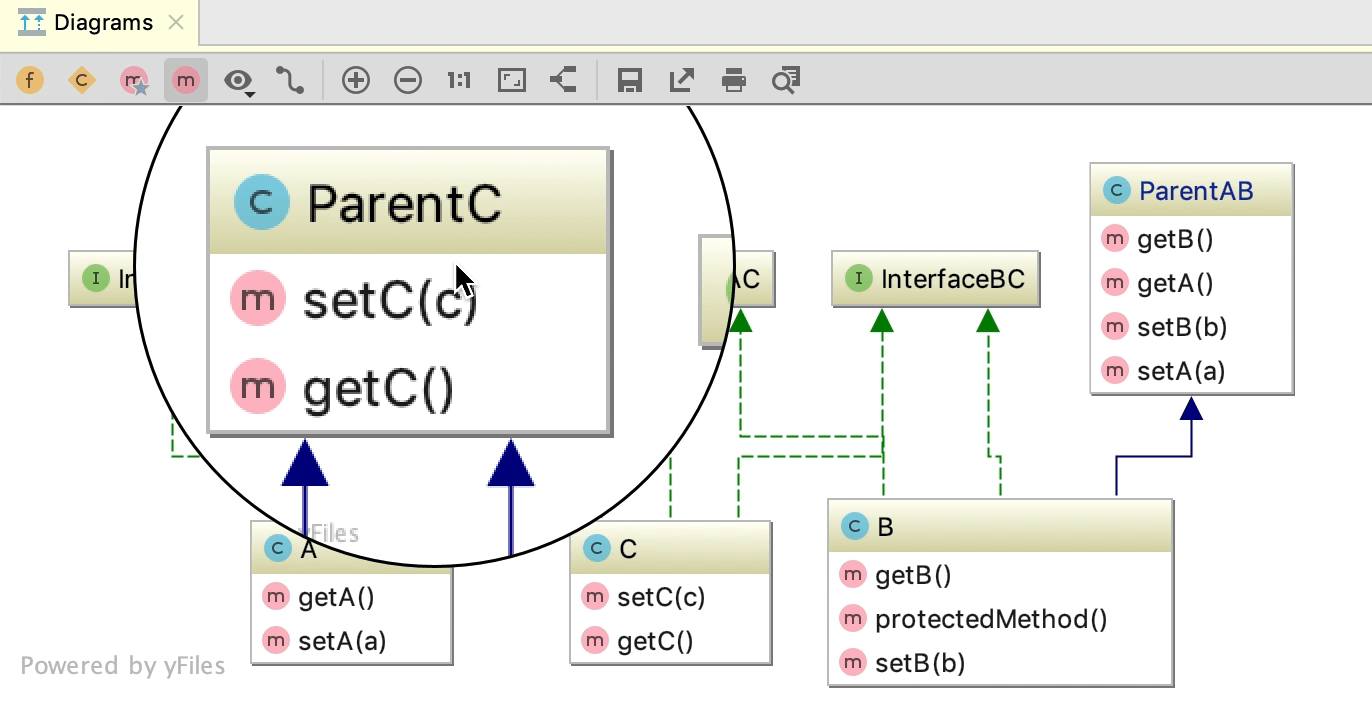



Working With Diagrams Phpstorm
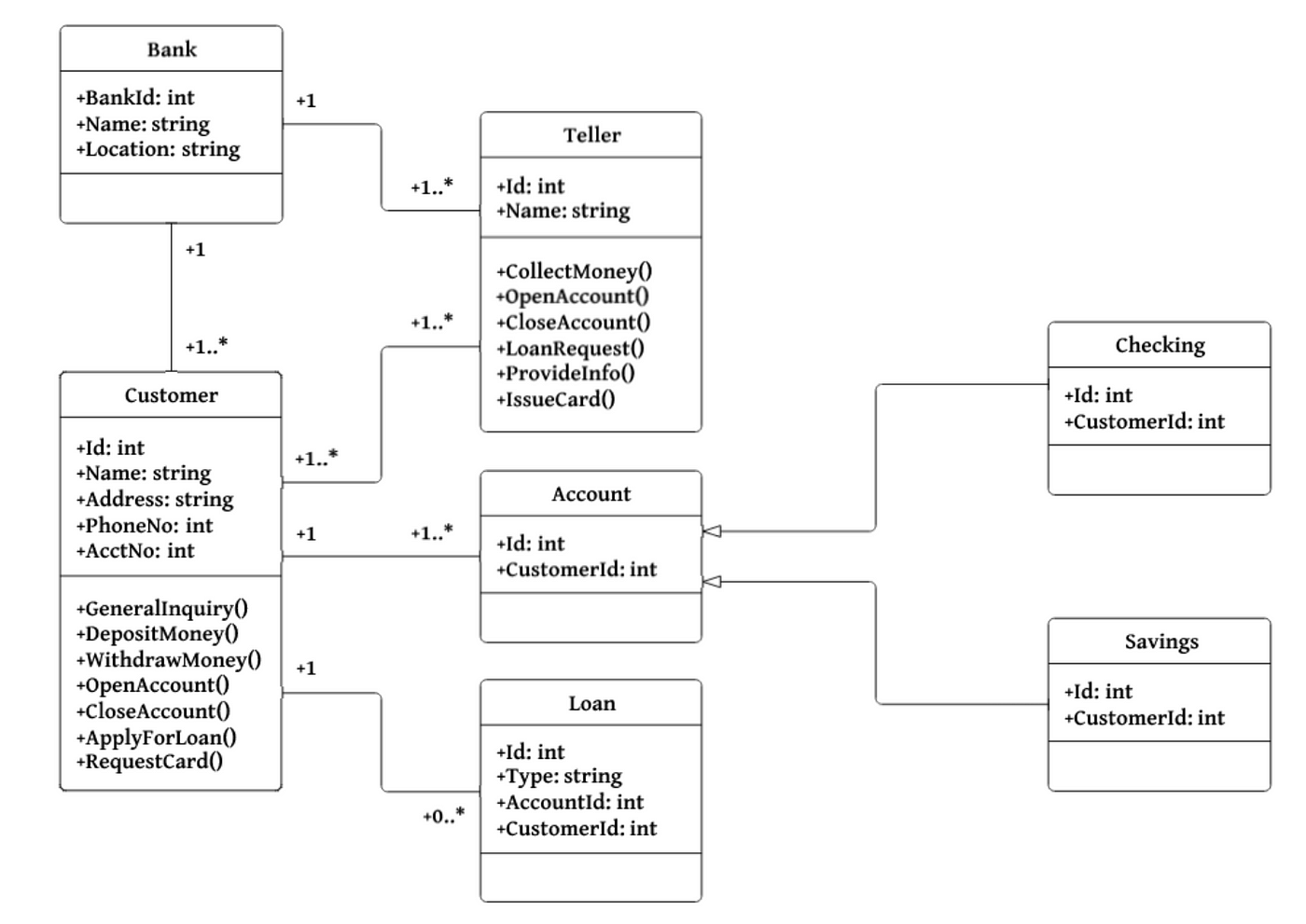



Uml Class Diagrams Tutorial Step By Step By Salma Medium



Entity Relationship Diagrams With Draw Io Draw Io




Class Diagrams
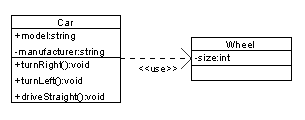



Class Diagram Wikipedia
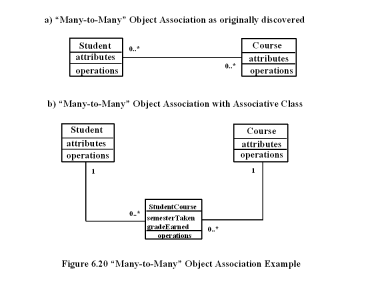



Chapter 6 Conceptual Design Uml Class Diagram Relationships Chapter Objectives
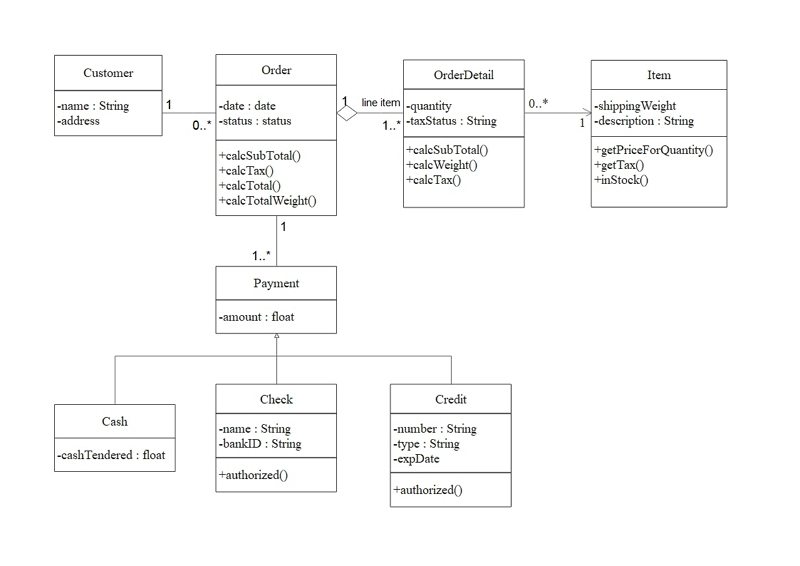



Class Diagram Explained Edrawmax Online




Logical Data Modeling Part 11 Commentary




Class Diagrams Astah




Uml Class Diagram Tutorial Lucidchart
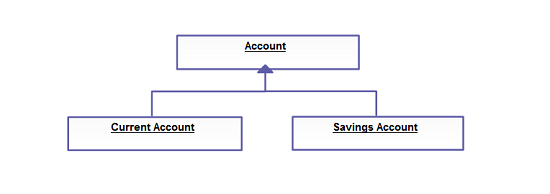



Class Diagram Relationships Examples Relationships Uml Class Diagrams
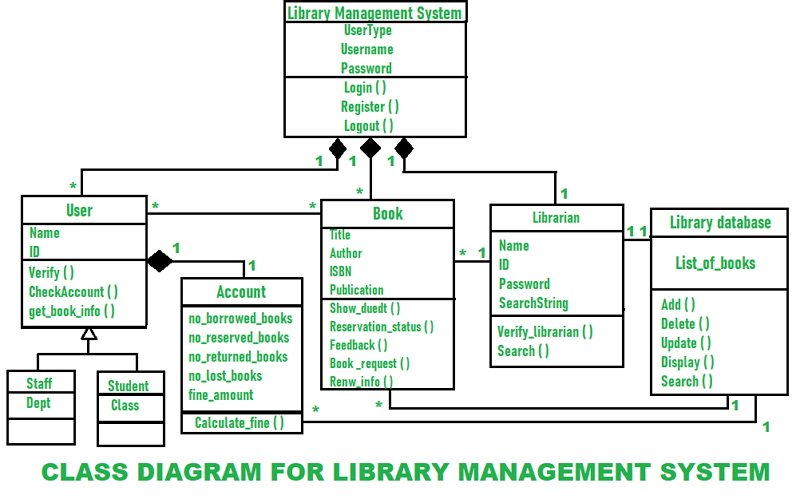



Class Diagram Explained Edrawmax Online
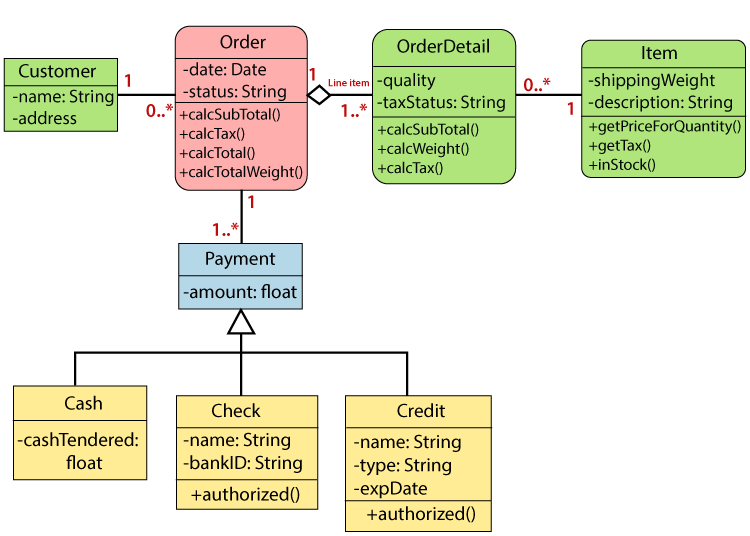



Uml Class Diagram Javatpoint




Uml Class Diagram Tutorial Lucidchart




Class Diagram Of The Relationship Between Persons Relations And Roles Download Scientific Diagram




Class Diagram Of The Relationship Between Persons Relations And Roles Download Scientific Diagram



1




Unified Modeling Language Uml Class Diagrams Geeksforgeeks




Is Correct Relationships Of Class Diagram In Uml Stack Overflow
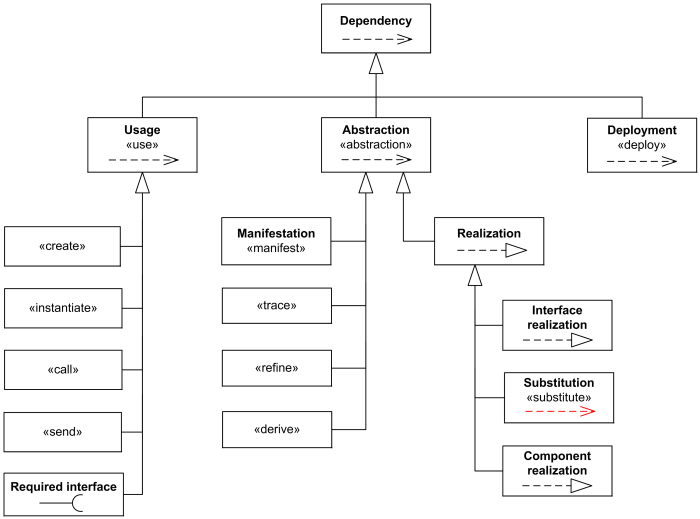



Uml Dependency Is Directed Supplier Client Relationship Which Shows That Some Element Requires Other Model Elements




Class Diagrams Astah




Class Diagram Wikipedia




Uml Class Diagram Tutorial Youtube



Class Diagram Revas
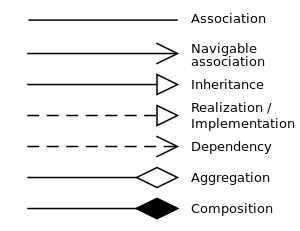



Class Diagram Wikipedia
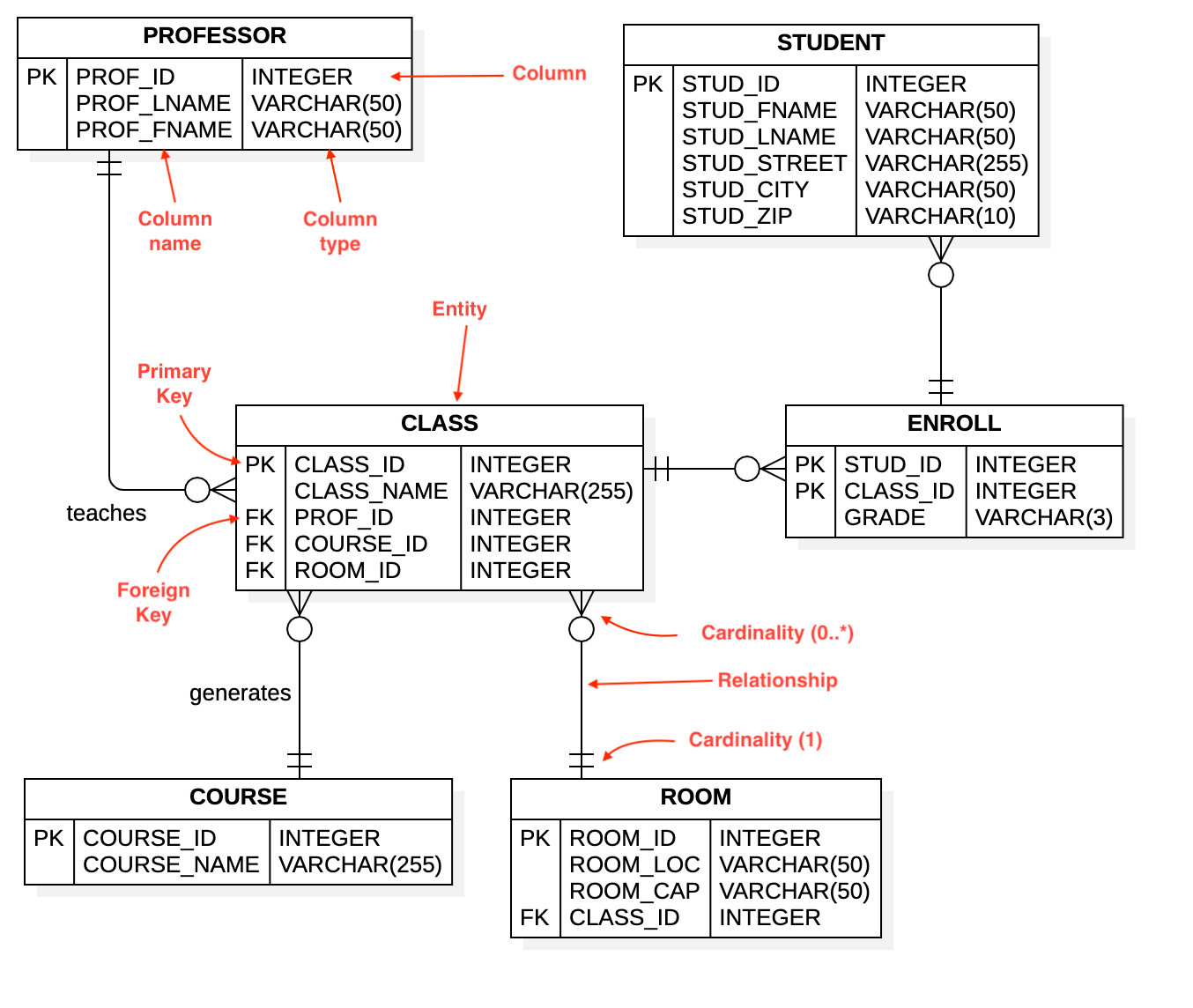



Entity Relationship Diagram Staruml Documentation




Conceptual Design Uml Class Diagram Relationships 214 A
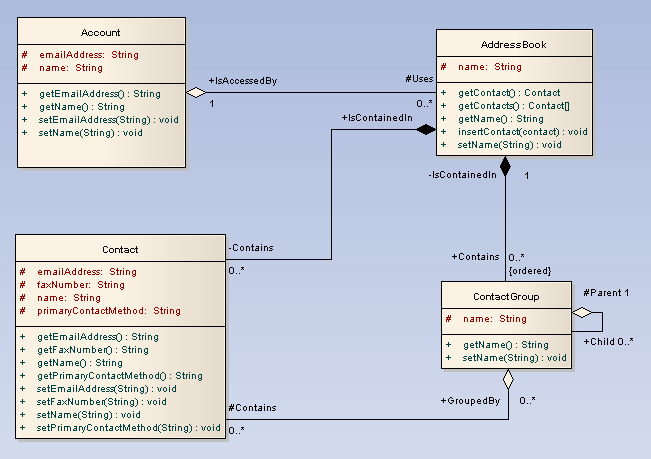



Class Diagram Uml 2 Tutorial Sparx Systems
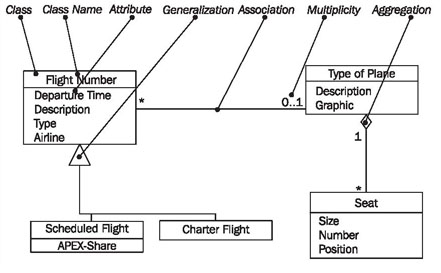



Class Diagram
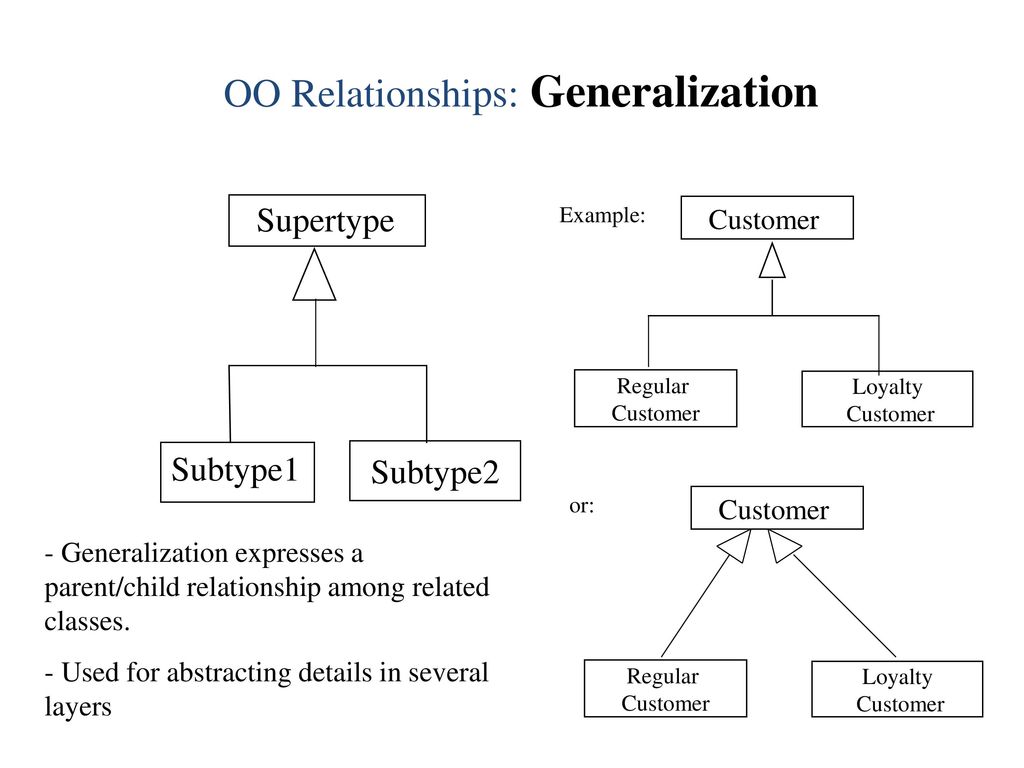



Uml Class Diagrams Uml Class Diagrams Order Placement Problem A Company Has Two Types Of Customers Corporate Customers And Personal Customers All Ppt Download




Introduction To The Er Data Model
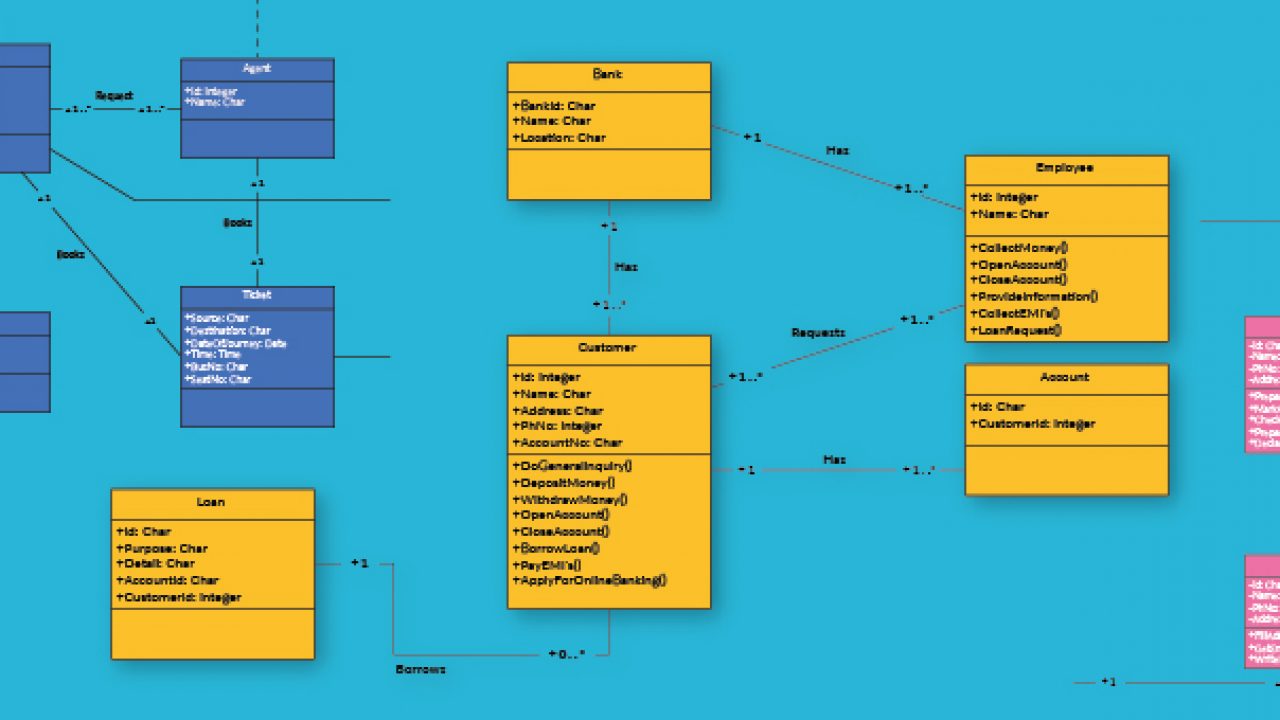



Class Diagram Relationships In Uml Explained With Examples



1




Topological Relationship An Overview Sciencedirect Topics




Unified Modeling Language Uml Class Diagrams Geeksforgeeks




My Kingdom For A Smile Uml Class Diagram Relationships Aggregation Composition
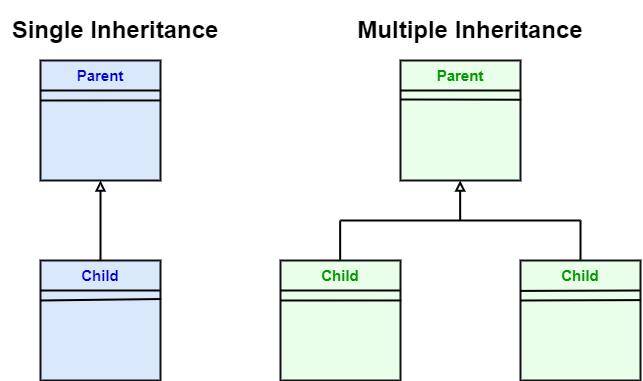



Uml Generalization Javatpoint
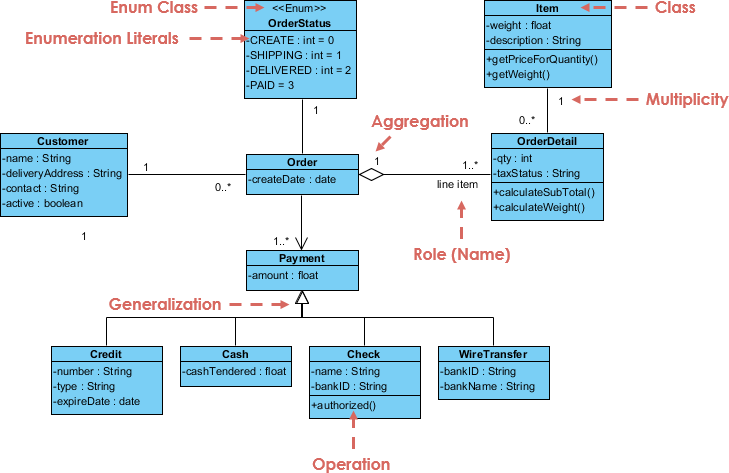



Class Diagram Uml Diagrams Example Sales Order System Visual Paradigm Community Circle




Uml Class Diagram Tutorial Abstract Class With Examples
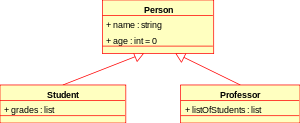



Class Diagram Wikipedia
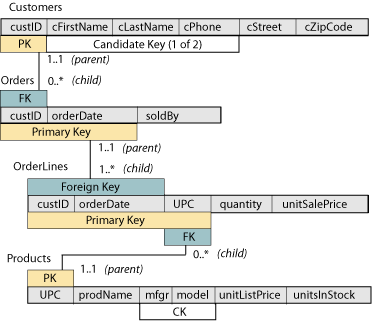



Database Design Many To Many
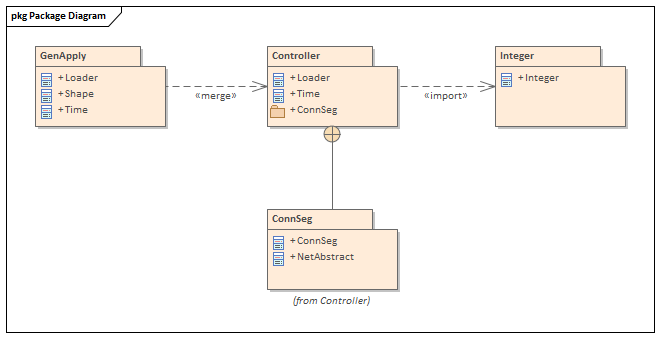



Package Diagram Enterprise Architect User Guide




Uml If Parent Class Connect Do Children Also Have To Stack Overflow
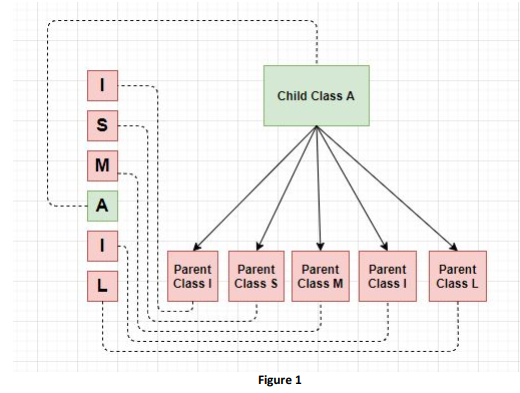



Draw Uml Class Diagram Of Figure1 And Discuss Chegg Com



1



Entity Relationship Diagrams With Draw Io Draw Io




Class Diagram Of The Relationship Between Persons Relations And Roles Download Scientific Diagram



Understanding Relationships In E R Diagrams Toolbox Tech
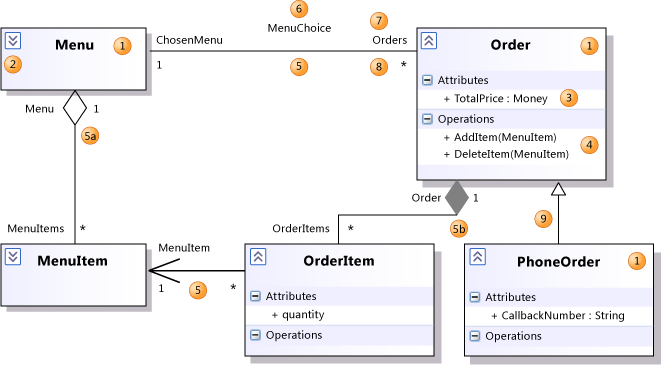



Explanation Of The Uml Arrows Stack Overflow




Uml Class Diagram Relationships Programmerhumor
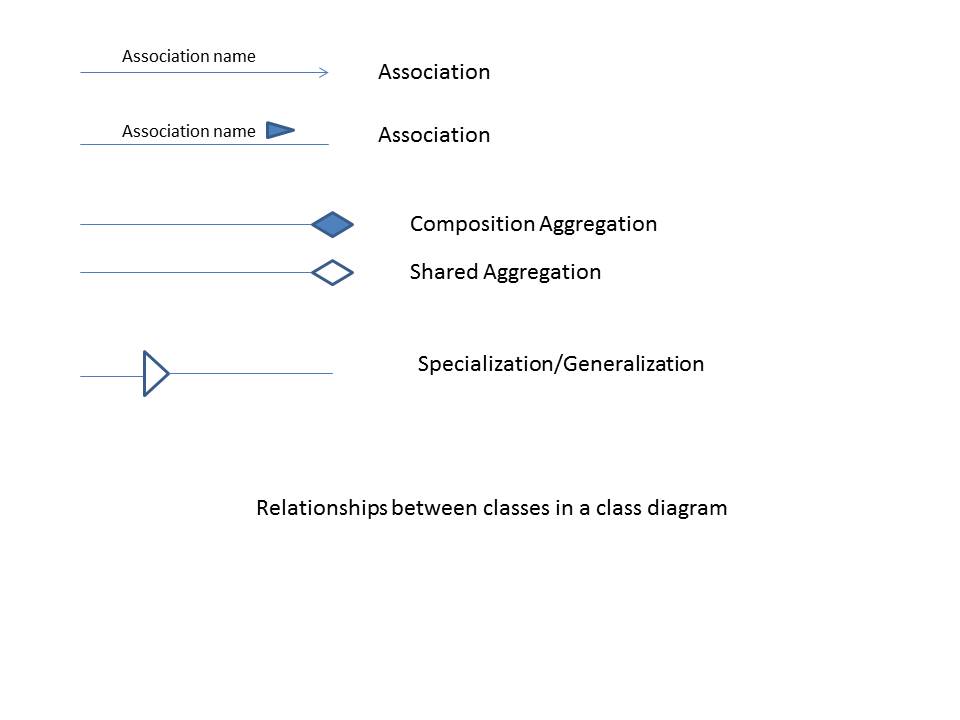



Informal Semantics For Uml Class Diagrams
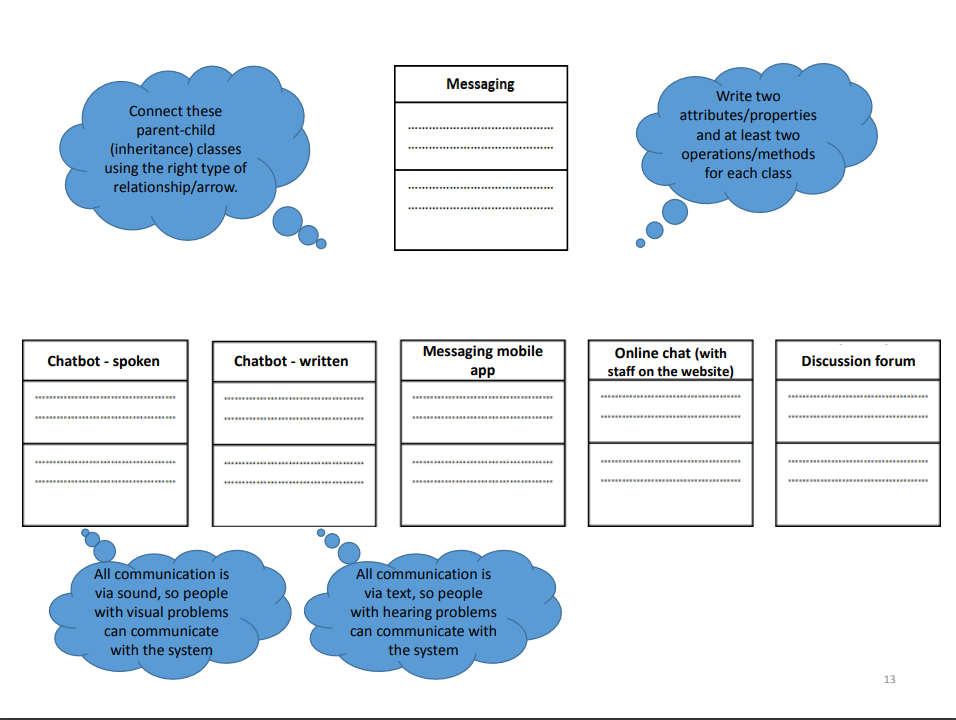



Messaging Write Two Connect These Chegg Com




What Is The Difference Between Class Diagram And Entity Relationship Diagram Pediaa Com




Class Diagram Relationships Examples Relationships Uml Class Diagrams



1
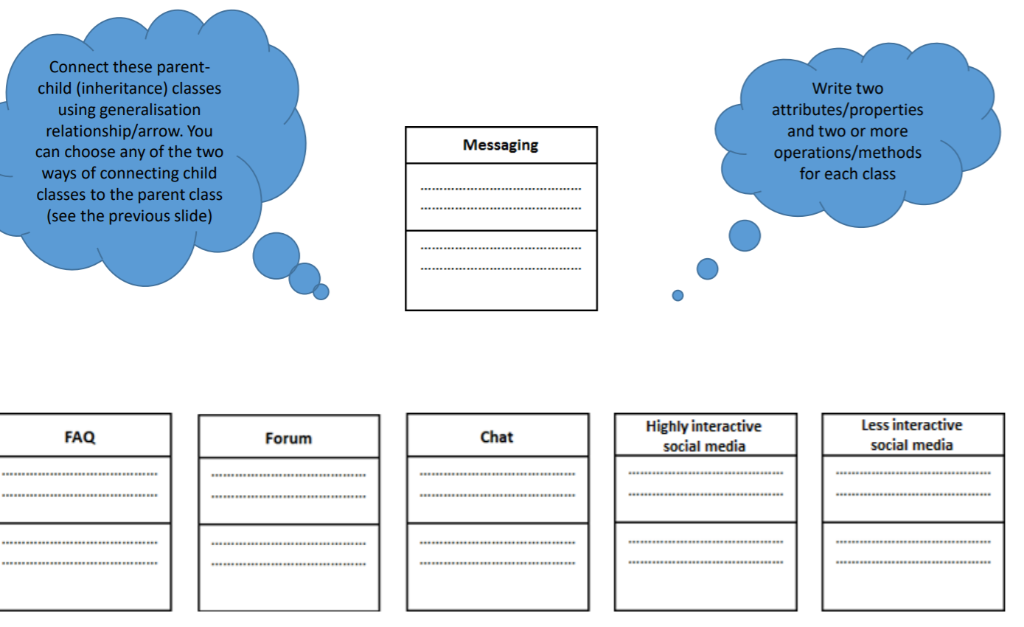



Connect These Parent Child Inheritance Classes Chegg Com




Uml Relationships Dependency Generalization Realization



Uml Class Diagram



How To Define This Class Relationship Stack Overflow
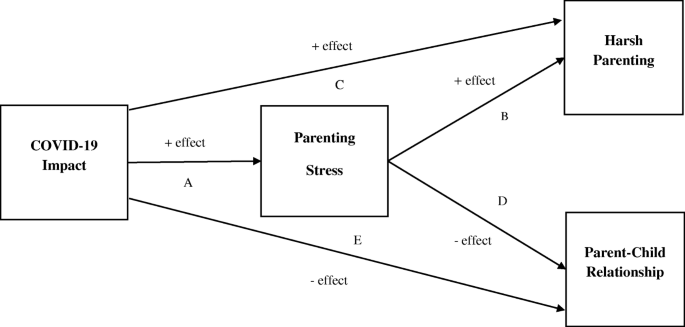



Mediating Effects Of Parental Stress On Harsh Parenting And Parent Child Relationship During Coronavirus Covid 19 Pandemic In Singapore Springerlink




Uml Class Diagrams Basics Of Uml Class Diagrams
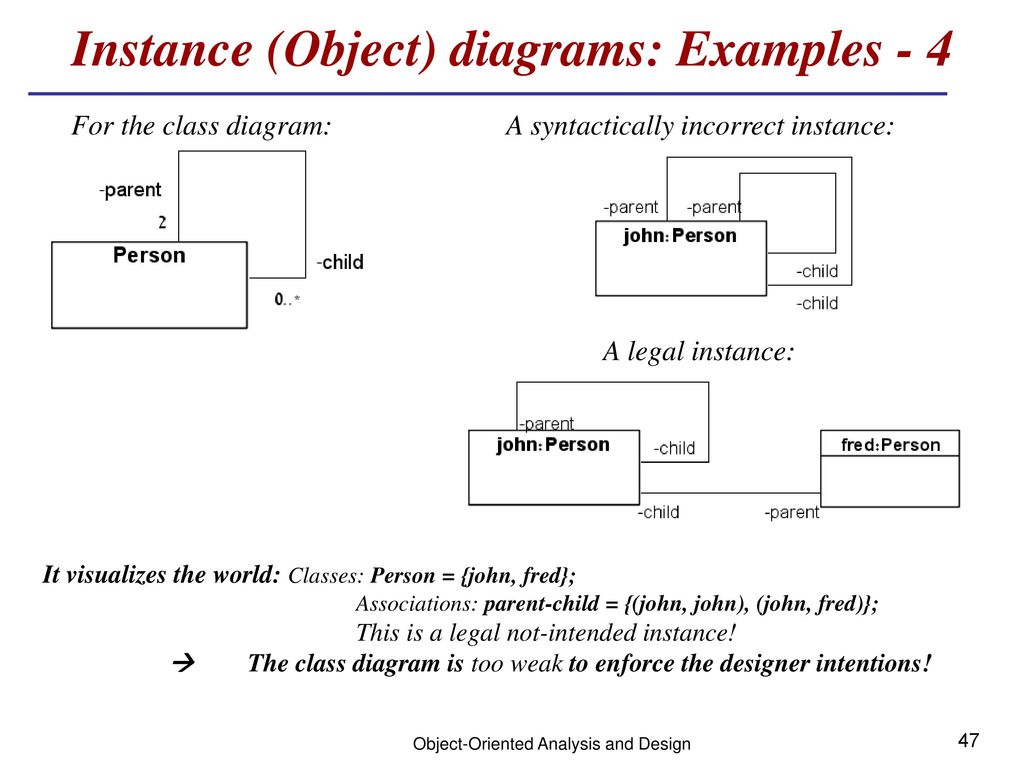



Object Oriented Analysis And Design Ppt Download




Uml Class Diagram Programmer Sought
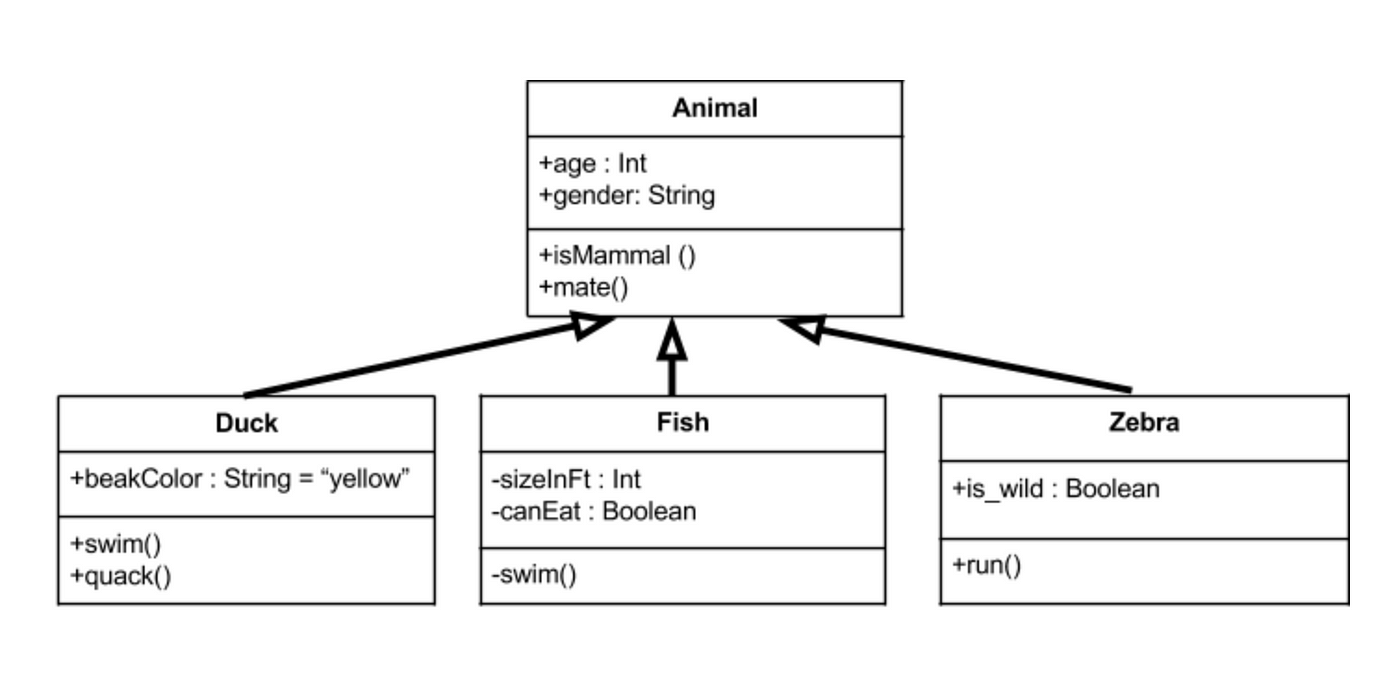



Uml Class Diagrams Tutorial Step By Step By Salma Medium
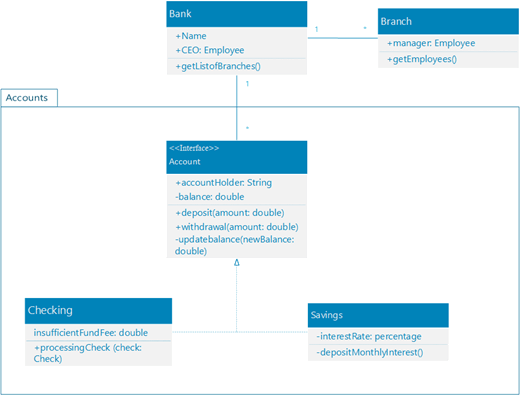



Create A Uml Class Diagram




Class Diagrams Joepeteiadt




Database Design Many To Many




Uml Class Diagram Relationships Aggregation Composition Really Simple Reference For The Class Diagram Basic Computer Programming Object Oriented Programming



0 件のコメント:
コメントを投稿